Posts Tagged With: TSA
There are 9 articles tagged with “TSA” published on this site.
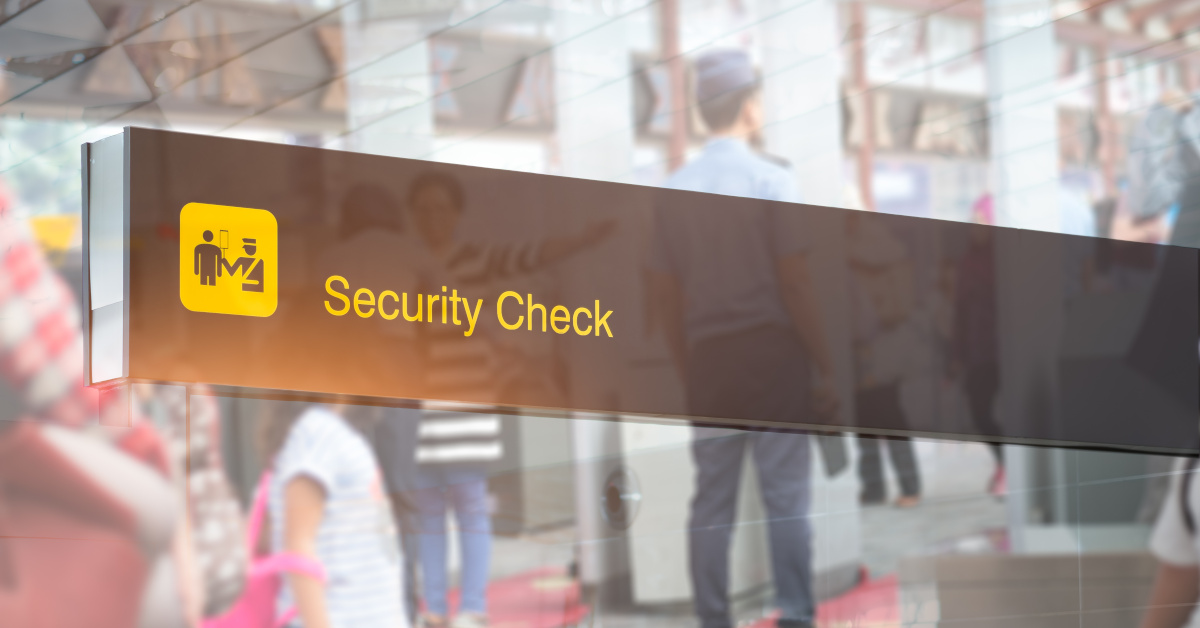
CLEAR lovers will lose one benefit of the program in 2025, as the TSA says it will begin requiring them to produce a REAL ID or passport at airport checkin.
The CLEAR program is based on two premises: it takes you to the very front of the checkin line, and its biometric checkin process means you do not have to pull out your ID. But beginning in May, 2025, that second advantage seems about to disappear.
TSA in July announced it already is screening a limited number of randomly selected CLEAR travelers after “security incidents.” There reportedly have been three cases in which travelers managed to get through the CLEAR line without having valid ID, prompting a congressional investigation.
For an annual fee of $189 (plus $60 for up to three family members), CLEAR offers its own lanes at TSA checkpoints in more than 50 airports. Rather than standing in the ever-growing checkin lines, travelers walk up to the CLEAR kiosk, scan their eyes or fingerprints, and then are guided to the very front of the checkin lines, including the Pre-Check line if they are eligible.
While the cost may sound high, many credit cards cover the fee, promotions often are available, and frequent travelers from busy airports find the program to be a great timesaver.
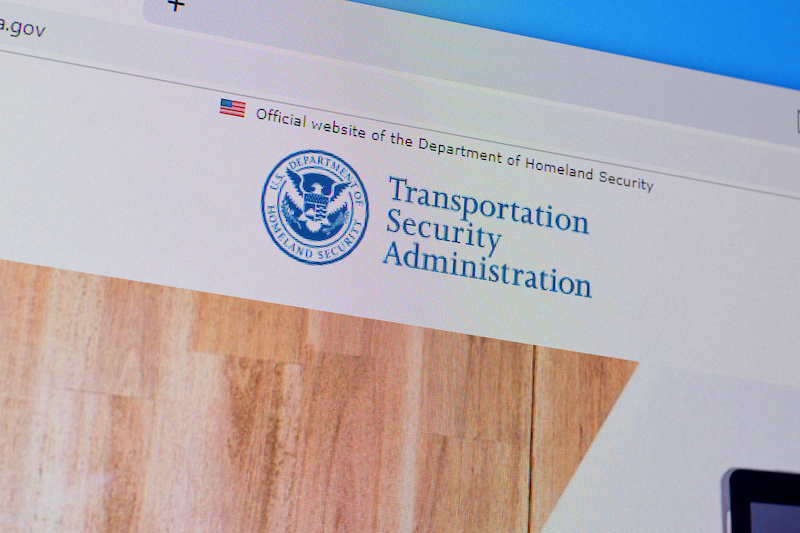
The number of airline travelers over the Labor Day holiday exceeded the number of travelers for the same weekend in 2019, a first for comparisons with pre-pandemic travel. The Transportation Security Administration (TSA) screened more than 8.7 million people over the four-day long weekend. According to the TSA, the weekend travel volume represents 102% of volume for the same pre-pandemic holiday weekend in 2019 and is the first time that a holiday weekend passenger screening volume exceeds that of 2019.
In 2019, Labor Day was on Monday, Sept. 2, and TSA screened 8.62 million passengers. The Labor Day weekend represents the conclusion of the summer travel season. This year, Friday marked the heaviest travel day, as TSA officers screened 2.48 million passengers.
Over the course of the long weekend, 94.9% of TSA PreCheck® passengers waited less than 5 minutes. About 91.6% of those passengers in standard screening lanes waited less than 15 minutes.
During the weekend, Transportation Security Officers intercepted 67 firearms and prevented them from entering aircraft passenger cabins. On average, TSA stopped 17.3 firearms each day at checkpoints since the beginning of the year. If this pace continues, TSA anticipates that firearm catches at checkpoints will eclipse the current full year-record of 5,972 firearms intercepted at the nation’s checkpoints in 2021.
“TSA’s highly trained and dedicated workforce facilitated secure travel for millions of passengers during the busy summer travel season with very little disruptions at the checkpoint,” said TSA Acting Administrator David Pekoske. “We were also able to continue the deployment of new technologies that facilitate stronger identity verification procedures and enhanced security screening for carry-on bags.”
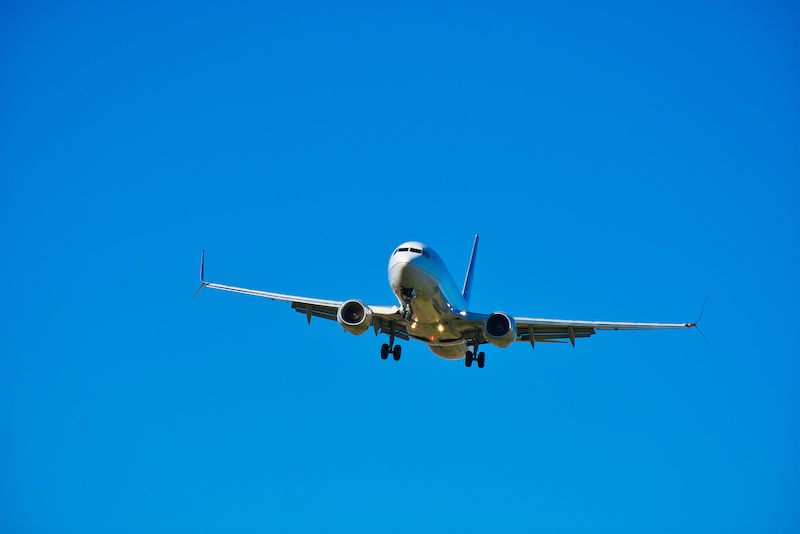
The U.S. Department of Transportation today released its Air Travel Consumer Report (ATCR) on airline operational data compiled for the month of May 2022 for on-time performance, consumer complaints received, mishandled baggage, and mishandled wheelchairs and scooters. There was a 15% decline in complaints against airlines from April to May, however complaints are still 200 percent above pre-pandemic levels. Read the rest of this entry »

The Transportation Security Administration (TSA) announced today the implementation of a new gender option for the TSA PreCheck® application process.
The TSA PreCheck program application has been updated to include an additional gender marker option to better serve non-binary and gender non-conforming Americans. This action will ensure the TSA PreCheck system accurately reflects traveler gender. As of April 2022, TSA has allowed TSA PreCheck applicants to select their gender based on self-attestation, regardless of the sex assigned at birth.
“TSA remains committed to ensuring all travelers are treated with respect and dignity,” said TSA Administrator David Pekoske. “This new TSA PreCheck enrollment feature reaffirms our commitment to equality and inclusion for all people, including the LGBTQI+ community.”
This new gender marker option will not impact the security screening process. Security screening is conducted without discrimination against travelers based on their race, color, sex, gender, gender identity, national origin, religion or disability.
If you are a member of the TSA PreCheck Application Program, you may call (855) 347-8371 weekdays, between 8 a.m. and 10 p.m. EDT, to request a gender data update. Updating of a traveler’s gender on other identification documents is not required to enroll in TSA PreCheck screening. Travelers will receive TSA PreCheck security screening even if their current gender differs from the gender provided when they enrolled in TSA PreCheck, as long as the name, known traveler number (KTN) and date of birth on their reservation matches their record with TSA.
Prior to a flight, travelers may contact the TSA Cares helpline at (855) 787-2227 with questions about screening policies and procedures, as well as what to expect as they proceed through the security checkpoint. Travelers may request the assistance of a Passenger Support Specialist, who will provide assistance through the security screening process and visit tsa.gov/transgender-passengers for more information.
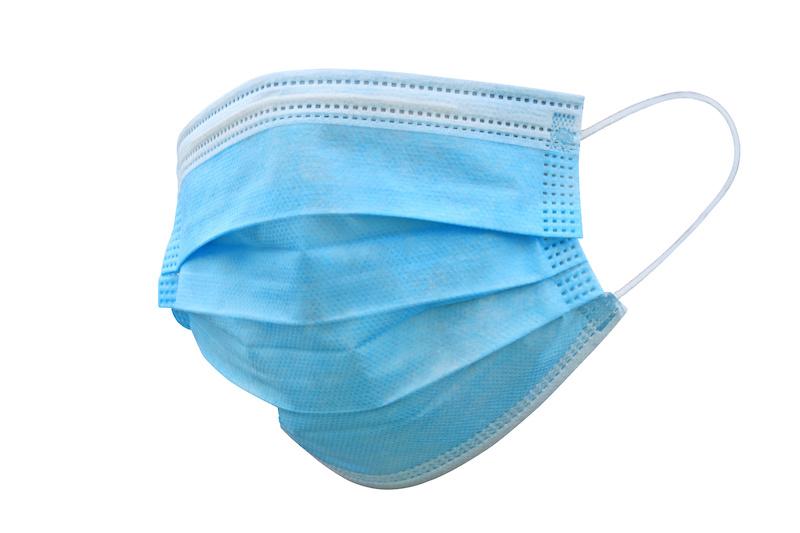
The CDC on Tuesday reiterated its recommendation to wear masks on planes, trains, and buses.
A court ruling last month struck down a national mask mandate on public transportation.
In a media statement, the CDC recommended all persons aged 2 and older – including passengers and workers – wear a well-fitting mask in indoor areas of public transportation.
Prior to the April court order striking down the CDC mask mandate, the Transportation Security Administration enforced a requirement for all passengers and workers to wear masks. The most recent mandate was set to expire on May 3. But when a federal judge in Florida ruled the mandate illegal on April 18, the TSA indicated it would no longer require the mandate.
The CDC has asked the Justice Department to appeal the court’s decision.
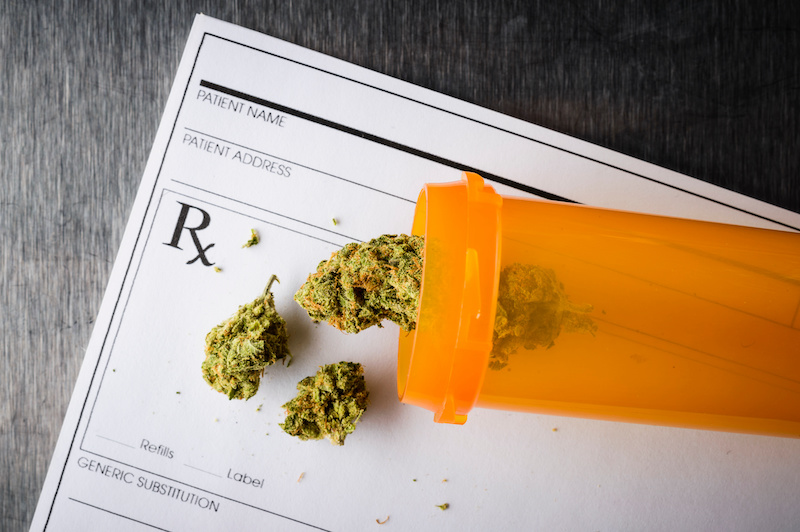
With 33 states now allowing some form of medical marijuana, and recreational marijuana legal in 18 states and Washington, DC, you may assume traveling with medical marijuana is easy. However, the difference between the various state and federal governments increases the risk and could lead to an arrest or other complication.
The U.S. Drug Enforcement Administration classifies cannabis as a Schedule I type of drug which declares the plant as a substance with currently no accepted medical usage, lacks accepted safety for use under medical supervision, and has a high potential for abuse.
The Transportation Security Administration (TSA) maintains that since marijuana is illegal under federal law it is prohibited and will be confiscated if found. The TSA is lenient in terms of marijuana searches indicating its screening procedures are designed to identify potential threats to passengers and aviation and focused on security their officers are not actively looking for marijuana or other drugs. Though technically required to inform law enforcement, the TSA tends to be somewhat lenient in their procedures and, particularly if the passenger is carrying a medical marijuana card, will sometimes merely throw the confiscated items away or even return it. Delta Air Lines, Alaska Airlines and American Airlines ban medical marijuana from their aircraft, even if you have a medical card. Amtrak’s policy indicates “The use or transportation of marijuana in any form for any purpose is prohibited, even in states or countries where recreational use is legal or permitted medically.”
Although traveling with cannabis via a plane or boat is illegal under U.S. law, there is still another way to travel within the United States without being penalized through the medical cannabis reciprocity program. The program allows a patient to purchase, possess, and use medical marijuana in another state if he has a valid medical cannabis card issued by the state where he is a resident.
Some states require non-residents to sign up for medical cannabis program and pay a fee beforehand. States like Oregon limit the amount of cannabis non-residents can bring. Lastly, remember that the program is solely applicable to medical marijuana only. Carrying official documents demonstrating the medical nature of the marijuana you are carrying is a necessity. When traveling to a state with reciprocity, travelers should be certain their medical marijuana card is not expired.
It is illegal to carry medical marijuana in a state where medical use is not permitted. Likewise, traveling internationally with medical marijuana risks very harsh penalties.

The Biden administration’s mask mandate was struck down by a federal judge in Florida yesterday in a 59 page ruling.
As a result, the requirement to wear a mask for airplanes and other public transportation can not be enforced and the order is no longer in effect.
Only last week, the CDC had extended the mask mandate to May 2.
US District Judge Kathryn Kimball Mizelle ruled the mandate unlawful and exceeded the regulatory authority of the CDC and violated administrative law. It is not known if the Justice Department will request an order abating the ruling and filing an appeal.
The developments created some confusion, but several airlines almost immediately announced wearing a mask was optional. Amtrak rescinded its mask requirement. The Transportation Security Administration (TSA) indicated it would no longer enforce the mask requirement. “The agencies are reviewing the decision and assessing potential next steps,” an administration official said. “In the meantime, today’s court decision means CDC’s public transportation masking order is not in effect at this time. Therefore, TSA will not enforce its Security Directives and Emergency Amendment requiring mask use on public transportation and transportation hubs at this time.”
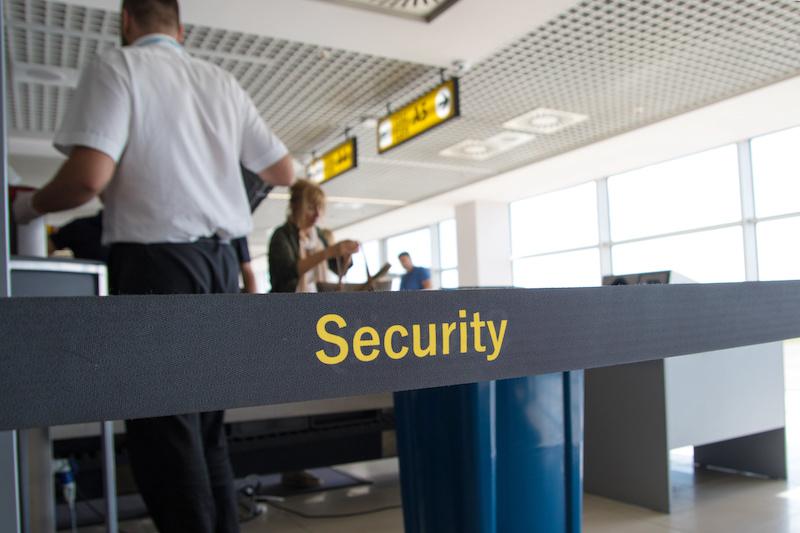
The Transportation Security Administration (TSA) is ready for increased travel volume and anticipates average daily passenger throughput will surpass 90% of pre-pandemic levels
“TSA’s collaboration with industry and federal partners has been instrumental throughout this pandemic, and now we are seeing a light at the end of the tunnel as demonstrated by the rapid recovery of the travel industry,” said TSA Administrator David Pekoske. “We are prepared and ready for a busy spring, and are doing our part to ensure the traveling public is safe and secure by continuing to deploy new technologies within the checkpoint that enhance security, reduce physical contact and improve the traveling experience. We just ask travelers to do their part by being respectful to each other and those who work in the transportation sector – from our officers to airport workers and flight crew.”
Follow these tips for the fastest and most efficient TSA checkpoint experience possible during the 2022 Spring Break travel period, which is expected to reach near pre-pandemic travel volumes:
Tip 1: Continue to wear a face mask. If a mask mandate remains in effect at airports, wear a mask. The TSA will continue to assess the duration of the requirement in consultation with CDC.
Tip 2: Follow the rule that limits liquids. Gels and aerosols are limited to 3.4 ounces or less in carry-on baggage. There is an exception for hand sanitizer, which has a temporary 12-ounce limit. The general definition for this rule is that if you can spill it, spread it, spray it, pump it or pour it, then the carry-on quantity is limited.
Tip 3: Pack food in a clear plastic bag. If you plan to travel with food, it is best practice to pack your food items in a clear plastic bag and place that clear plastic bag into your carry-on bag. When you get to the security checkpoint, remove and place the clear bag containing your food into the bin to reduce the opportunity for cross-contamination between the food and bins.
Tip 4: Leave prohibited items at home. To reduce the likelihood of physical contact with TSA officers at the checkpoint, be familiar with the TSA prohibited items list for carry-on bags. Travelers can check for prohibited items by using the “What Can I Bring?” page on TSA.gov and by downloading the free MyTSA app, which has a helpful “What Can I Bring?” feature.
Tip 5: Do not bring your firearm to a security checkpoint. Airline passengers can fly with firearms only in checked baggage. All firearms must be properly packed and declaredwith your airline at check-in. Contact your airline for additional guidance. Firearms at TSA checkpoints represent an unnecessary risk and an expensive mistake, as you may be subject to a civil penalty.
Tip 6: Give yourself plenty of time. Travel volumes are expected to be higher than they have been and some passengers may be traveling for the first time in quite a while. Extra time may be needed for parking, rental car and airline check-in counters, and at the checkpoint.
Tip 7: Empty your pockets when you get to the checkpoint. Place items inside your carry-on bag instead of into a bin to reduce touchpoints and not leave anything behind.
Tip 8: Listen for guidance from TSA officers. They may be providing information on new technologies that help reduce touchpoints and make for a more streamlined and convenient passenger experience.
Tip 9: Contact TSA with your questions. Tweet your questions and comments to @AskTSA or via Facebook Messenger, weekdays from 8 a.m. to 6 p.m. EST. You can also call the TSA Contact Center at 866-289-9673 from 8 a.m. to 11 p.m. EST or 9 a.m. to 8 p.m. on weekends and holidays.
Tip 10: Enroll now in TSA PreCheck®. “Travel with Ease” by enrolling in TSA PreCheck and avoid removing shoes, belts, liquids, laptops and light jackets. Most new enrollees receive a Known Traveler Number within five days, and membership lasts for five years.
Last week, the CEO of American Airlines, Doug Parker said that checking passengers for proof of vaccination wouldn’t be physically possible on domestic flights without causing enormous delays to the airline system.
It’s tempting to compare Mr. Parker’s statements to similar ones made by tobacco and asbestos CEOs, who insisted that health authorities should not regulate their products. What he probably should have said was,“Without some form of proof that a person is vaxxed, and streamlined airport procedures, it isn’t physically possible for domestic flights to check passengers for proof of vaccination.”
Many of the problems airlines and airports encounter involving COVID-19 could be prevented if passengers couldn’t enter either without verified vaccination credentials and a one-minute COVID antigen swab test, or a breath analyzer test at a TSA security portal. Read the rest of this entry »



